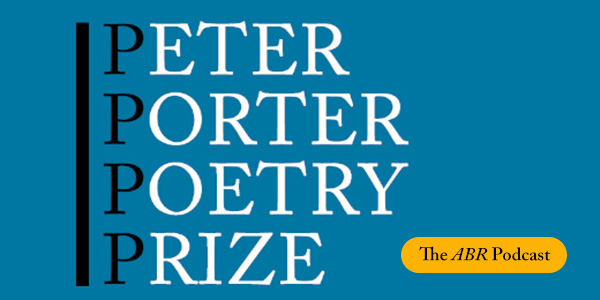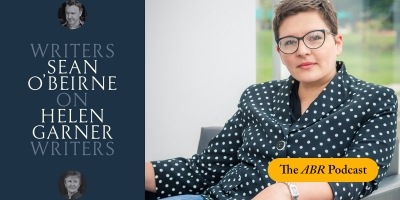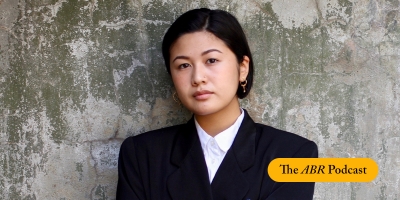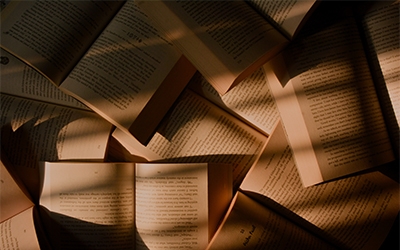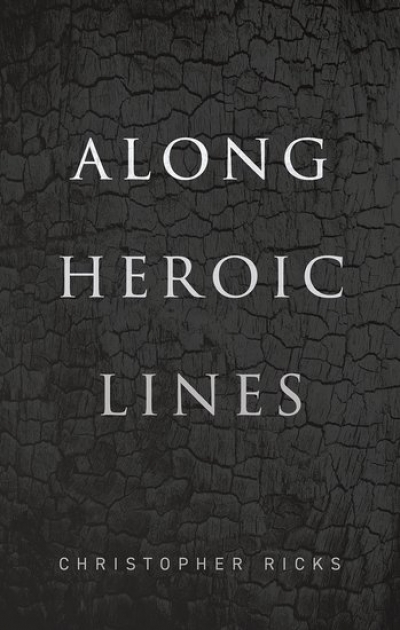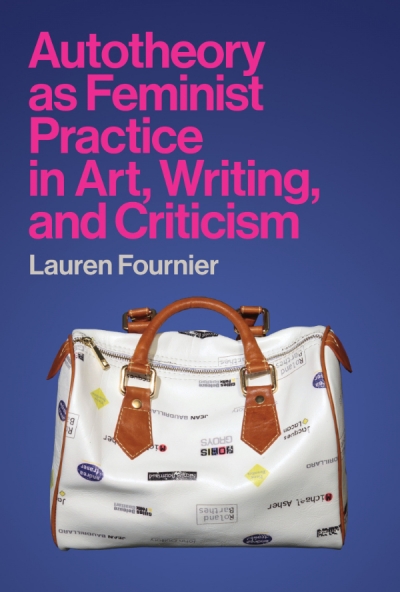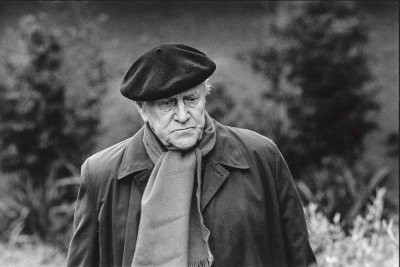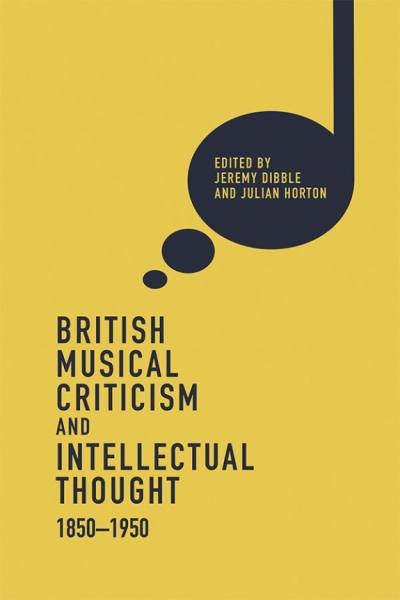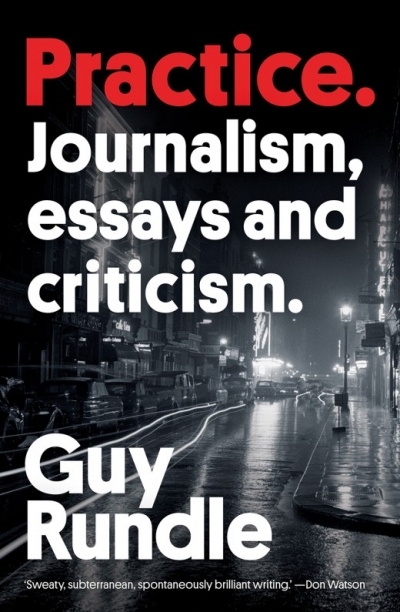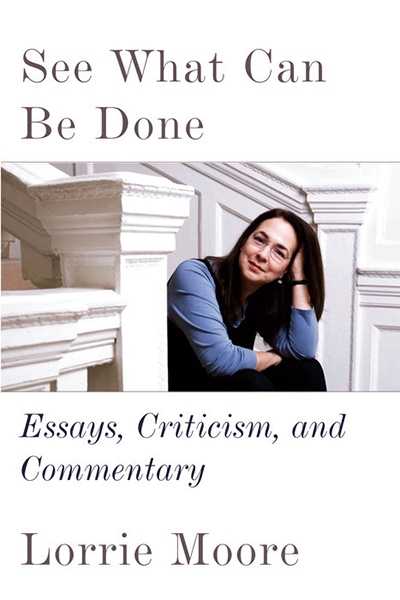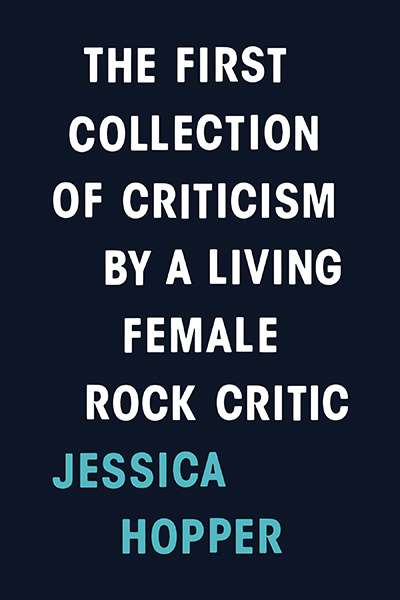Accessibility Tools
- Content scaling 100%
- Font size 100%
- Line height 100%
- Letter spacing 100%
Criticism
The ABR Podcast
Released every Thursday, the ABR podcast features our finest reviews, poetry, fiction, interviews, and commentary.
Subscribe via iTunes, Stitcher, Google, or Spotify, or search for ‘The ABR Podcast’ on your favourite podcast app.
2025 Peter Porter Poetry Prize Shortlist
Read by the poets
This week on The ABR Podcast we feature the 2025 Peter Porter Prize shortlisted poems, as read by the five poets, published in the January-February issue of ABR.
Recent episodes:
The Writers on Writers series aims to tease some of Australia’s literary treasures out of the Aladdin’s cave of canonicity. A collaboration between publisher Black Inc., the University of Melbourne, and the State Library of Victoria, it began in 2017 with Alice Pung’s book on John Marsden and Erik Jensen’s on Kate Jennings. The series now boasts eleven titles, the most recent of which is Sean O’Beirne’s book on Helen Garner ...
... (read more)Race, gender, class, sexuality – categories of identity have become central to not only our understanding of politics, but also our appreciation of art. Has the prominence of these categories, however, begun to circumscribe the achievements of writers celebrated on the basis of their identity? In this episode of The ABR Podcast, Mindy Gill reads her cover feature from the March issue. By parsing the rhetoric with which non-white writers are evaluated by reviewers, Gill shrewdly observes that in equating marginalisation with authenticity we do writers no favours. For in having their cultural background valued above all else, writers are being tacitly encouraged to eschew refinements of style and technique for a verisimilitude that often borders on caricature.
... (read more)Because my background is academic (and in English studies), certain disciplinary conventions still find their way into my review writing. In fact, it’s hard for me to think of my reviewing as reviewing rather than as criticism in that more university-bound sense: that is, as having something to do with the art of interpretation. It may help that most of the books I review – works of contemporary poetry and literary criticism – are considered ‘hard’ or at least esoteric, and thus in need of a little explaining. The persona I hear most recognisably in my journalistic prose is that of my former lecturer-self (a good lecture, like a good review, strikes the right balance between granular analysis and makeshift generalisation). I suppose I still think of the primary goal of my reviewing as teaching something about how to read.
... (read more)Autotheory as Feminist Practice in Art, Writing, and Criticism by Lauren Fournier
What we know and how we think and feel are socially and thus historically conditioned. But it can also be geographically conditioned. ‘Australia’, as Mrs Golson remarks in The Twyborn Affair, ‘may not be for everyone ... For some it is their fate, however.’ Our subject is Patrick White and criticism of his work in Australia and my argument is that ours is a culture in general, and a literary culture in particular, with an indifference to and perhaps fear of hermeneutics, which George Steiner glosses as some ‘essential answerability’ implicit in the act of reading over and above understanding or – Leavis preserve us! – evaluation.
... (read more)
